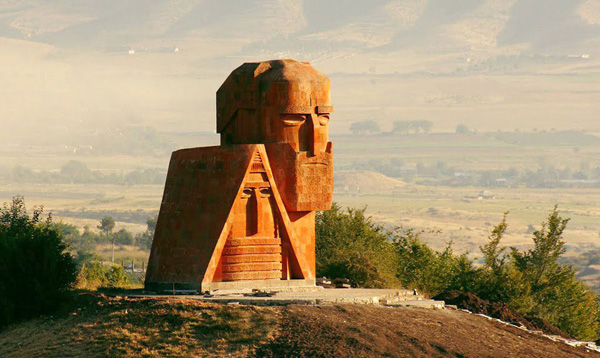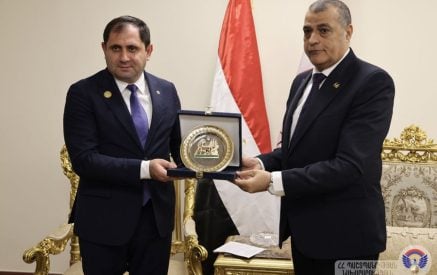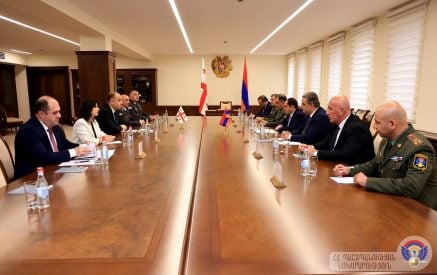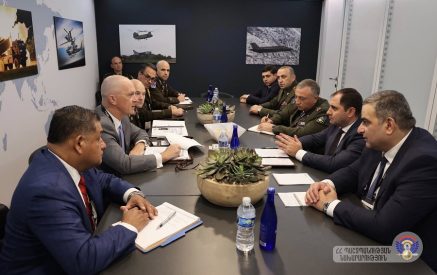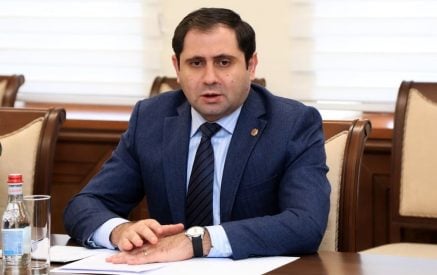Statement of the Ministry of Foreign Affairs of the Republic of Artsakh on the ongoing war crimes of Azerbaijan
Notwithstanding the additional agreements reached in Geneva on October 30, with the mediation of the OSCE Minsk Group Co-Chairs, that the parties will not deliberately target civilian objects, the Azerbaijani armed forces have continued launching missile and artillery strikes against the civilian settlements of the Republic of Artsakh. On the night of November 5-6, and throughout the day on November 6, the capital of Artsakh, Stepanakert and Republic’s cultural centre Shushi, in particular, were subjected to particularly intense shelling. One of the missiles fired by the Azerbaijani side at the capital hit a residential building, killing three civilians.
The Azerbaijani side has been shelling settlements of the Republic of Artsakh from “Smerch” long-range multiple rocket launchers from the very first day of the armed attack on the Republic of Artsakh on September 27.
The use of such weapons against the settlements of the Republic of Artsakh testifies to the deliberate actions of the Azerbaijani side aimed at causing excessive losses among civilians and maximum damage to civilian objects in the Republic of Artsakh, which constitutes a serious violation of international humanitarian law and a war crime.
Read also
Despite the repeated attempts of the OSCE Minsk Group co-chairing countries to establish a truce, the continuation of the hostilities by the Azerbaijani side, accompanied with all possible war crimes, testifies to the intention of the Baku authorities to deprive Artsakh of its civilian population. Against this background, collective and individual sanctions against the military-political leadership of Azerbaijan are the most effective method to force official Baku to comply with its obligations as well as hold Azerbaijan accountable for the crimes committed.
This military aggression against the Republic of Artsakh is an integral part of the plan to exterminate the civilian population of Artsakh, which Azerbaijan has been trying to implement for the past 30 years. Deliberate acts of violence, war crimes against Artsakh’s civilian population and servicemen had taken place also during Azerbaijan’s armed aggression against Artsakh in 1991-1994, and in April 2016. During relatively peaceful periods, Azerbaijan has been using its entire political arsenal to prevent the people of Artsakh from exercising their fundamental rights.
In the face of circumstances of widespread and systematic violations of the rights of entire peoples and threat of their extermination, the international community has established and developed a practice of suppressing crimes against humanity through international recognition of the right of these peoples to remedial recognition. The international recognition of the independence of the Republic of Artsakh is precisely the very measure by which the international community will put an end to the criminal policy of Azerbaijan.




















































